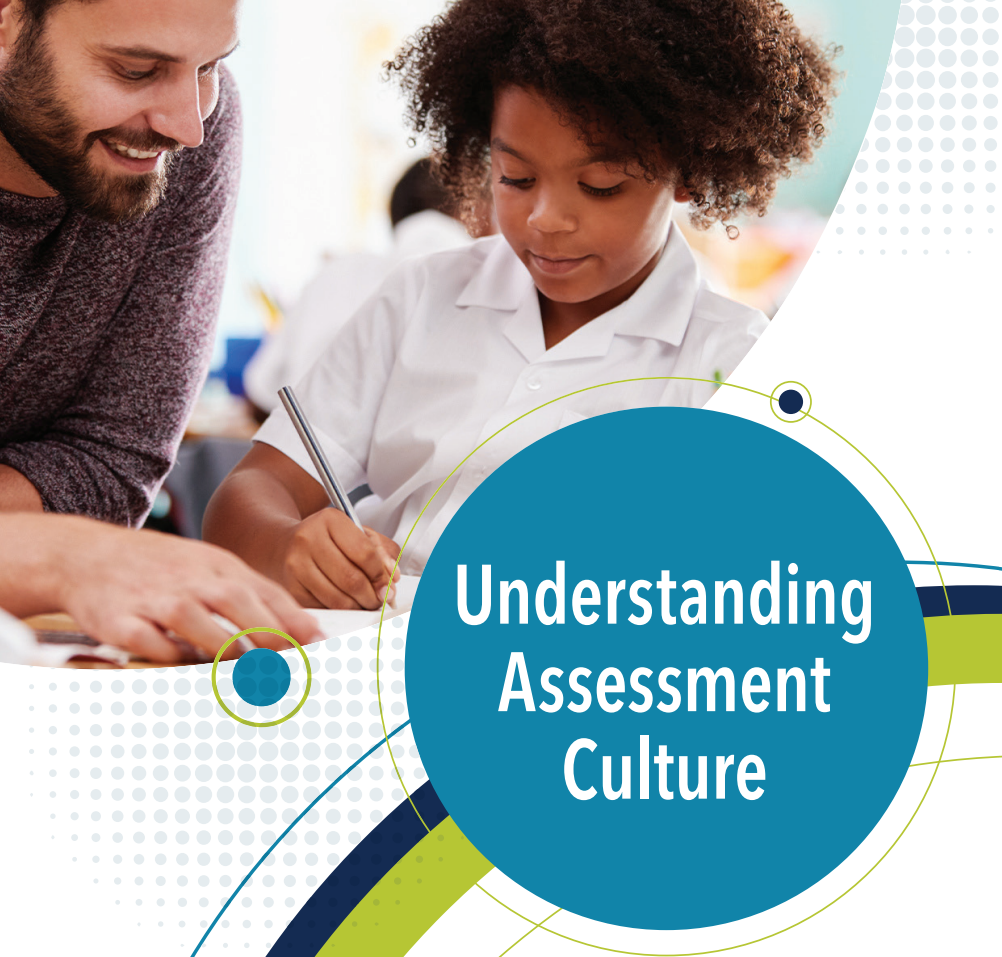How do attitudes and beliefs about assessment affect teaching and learning in your school? In partnership with ISTE, the Center has created a guide that’s intended to help school and district leaders understand these dynamics.
While it is not designed for use as a step-by-step toolkit to support evaluation, this document does provide a foundation for leaders to learn more about their school or district’s assessment culture.
What is assessment culture? “Assessment culture” refers to the underlying attitudes, beliefs, and expectations that students, educators, leaders and the broader community have about assessment at a given time. Assessment is the process of collecting evidence of student learning. Assessment can take many forms depending on the type of information needed and the decisions to be made with that information. But in all cases, the goal is to understand the learning of individuals or groups of students.
Why does assessment culture matter? Because a school’s assessment culture can shape—directly or indirectly—how well assessment practices support teaching and learning. The assessment culture simultaneously influences and is influenced by the attitudes, beliefs, values, and actions of the various actors in an educational system. These actors play distinct roles that each inform what assessments are administered and when, and how results are interpreted and used. Given the significant impact different types and uses of assessment can have on teachers, students and schools (e.g., influencing the structure and pacing of instruction, grading, differentiation, promotion/retention, evaluating school quality), it’s important to understand the various actors’ roles and the potential influence of assessment culture on assessment practice.
Related article: What Assessment Culture Is and Why It Matters (EdSurge)


